
Intellectual property is indispensable in the creative economy.
On April 17, 2024, the Copyright Office (Ministry of Culture, Sports and Tourism) organized a workshop on Copyright and sustainable development of the digital content creation industry.
According to the 2021 survey data published by WIPO on the economic contribution of copyright-based cultural industries, in developed countries such as the United States, this contribution accounts for about 11.99% of GDP, South Korea is 9.89% of GDP, France is 7.02% of GDP, Australia is 6.8%... These figures show that effective copyright protection plays an important role, contributing to the economic, cultural and social development of each country.
In Vietnam, according to estimated data, the added value (current prices) of cultural industries contributing to the economy in 2018 is estimated at 5.82%; in 2019 it is estimated at 6.02%; in 2020 and 2021, due to the impact of the pandemic, the data decreased to only about 4.32% and 3.92%; by 2022, the industries have begun to recover and the contribution value has grown by an estimated 4.04%. The production value of Vietnam's cultural industries in the 2018-2022 period is estimated to contribute an average of 1,059 trillion VND (equivalent to about 44 billion USD).
Speaking at the workshop, Mr. Tran Hoang, Director of the Copyright Office, said that in the context of rapid development of science and technology, the role of intellectual property is increasingly evident and is an indispensable factor in the creative economy, especially in connection with sustainable development goals. Innovation and Intellectual Property are central to solving global challenges, promoting growth and development of society.
Currently, Vietnam's cultural industries have made new developments in terms of art, technology and public access; the commercial aspect of cultural industries has also received investment and development. Doing a good job of copyright protection is one of the important factors to build a healthy and competitive cultural industry; contributing more and more to GDP, creating more jobs and increasing the country's export turnover.
Using technology to fight copyright infringement
Sharing at the seminar, Mr. Hoang Dinh Chung, Director of the Digital Copyright Center, said that copyright protection in the digital environment is similar to protecting assets in the physical environment.
Mr. Chung pointed out 8 types of copyright infringement in the digital environment. These subjects are then put into forms of making money such as on telecommunications platforms, social networks, OTT applications, platforms with cross-exploitation needs, and paid content distribution platforms.
In the digital environment, there are many different forms of distribution, such as a TV series that can be broadcast on television and social media platforms. In addition, cross-border platforms often only comply with the countries where they are headquartered. So is this policy compatible with Vietnam's policy? Therefore, the question is that we must build a policy that ensures the development of technology and is consistent with international standards.
Vietnamese content businesses are often small and have difficulty hiring lawyers to handle copyright infringement issues. Meanwhile, content is stolen by bad actors and distributed on digital platforms.
The question is what technology supports copyright protection in the digital environment? Mr. Hoang Dinh Chung said that currently, technology companies have solutions to register copyright authentication to prevent theft in the digital environment. Content will be encrypted before being uploaded to the digital environment, automatically scanned and using artificial intelligence to detect copyright-infringing content.
Referring to copyright policy in the digital environment, Mr. Pham Thanh Tung, representative of the Copyright Office, said that Vietnam has the obligation to protect copyright not only for Vietnamese citizens but also for organizations and individuals of countries around the world that are members of international convention organizations such as Berne, Rome, Geneva, WCT, etc. To do this, Vietnam has completed the system of legal documents such as the Intellectual Property Law. This is a basic regulation for organizations and individuals to apply in practice and strictly enforce copyright issues.
“We have clearly defined rights such as copying, distribution, including intermediary service providers to help check and handle these issues when there are disputes. Subjects can also check and protect their own legitimate rights and interests. Vietnam's legal system is also synchronized and compatible with international law. In addition, we have a coordination mechanism between agencies and enforcement of copyright protection,” said Mr. Pham Thanh Tung.
However, Mr. Tung also affirmed that the rate of copyright infringement in Vietnam is relatively high due to many reasons. In particular, the digital environment is a cross-border environment, making it difficult to identify violators and violations. In addition, Vietnam's enforcement apparatus is limited, making it difficult to handle copyright infringement in the digital environment.
The representative of the Copyright Office said that the solution is to continue reviewing and perfecting the legal system on copyright, especially the regulations on copyright protection and related rights in the digital environment towards building an independent Copyright Law. To combat copyright infringement in cyberspace, it is necessary to enhance the responsibility of society and businesses, and warn businesses not to buy advertisements on websites or social networks that violate copyright.
Source



![[Photo] Party Committees of Central Party agencies summarize the implementation of Resolution No. 18-NQ/TW and the direction of the Party Congress](https://vphoto.vietnam.vn/thumb/1200x675/vietnam/resource/IMAGE/2025/10/27/1761545645968_ndo_br_1-jpg.webp)


![[Photo] National Assembly Chairman Tran Thanh Man receives Chairman of the House of Representatives of Uzbekistan Nuriddin Ismoilov](https://vphoto.vietnam.vn/thumb/1200x675/vietnam/resource/IMAGE/2025/10/27/1761542647910_bnd-2610-jpg.webp)
![[Photo] The 5th Patriotic Emulation Congress of the Central Inspection Commission](https://vphoto.vietnam.vn/thumb/1200x675/vietnam/resource/IMAGE/2025/10/27/1761566862838_ndo_br_1-1858-jpg.webp)


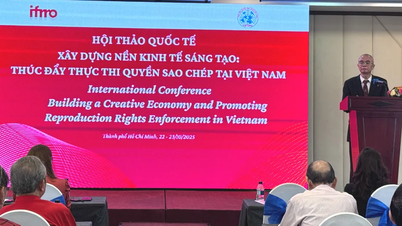

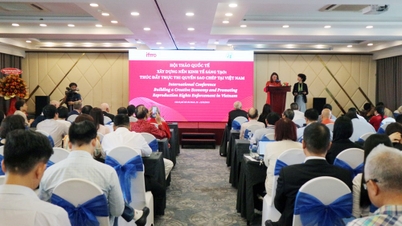

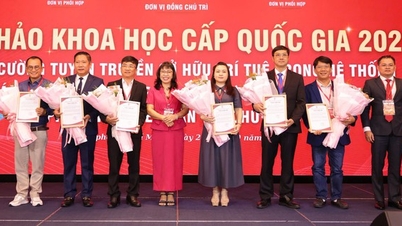






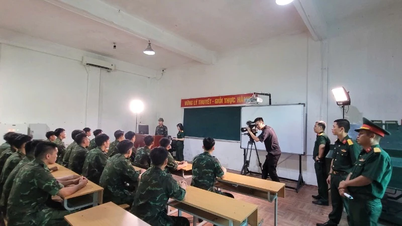

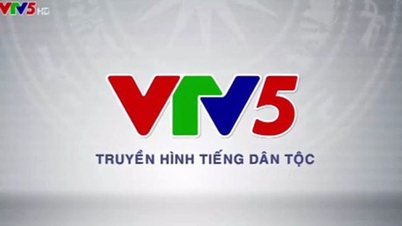

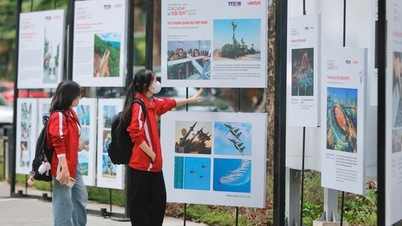

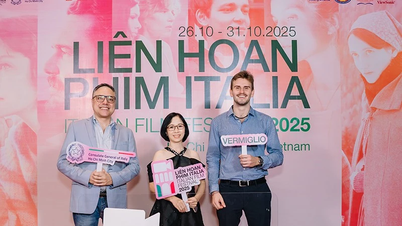





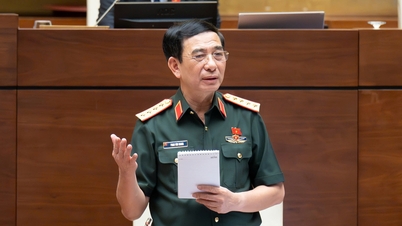























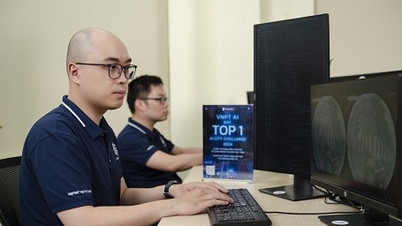















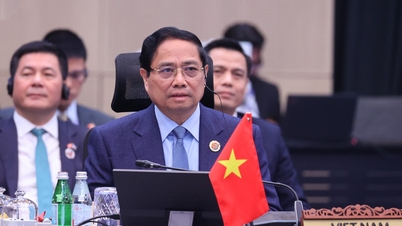






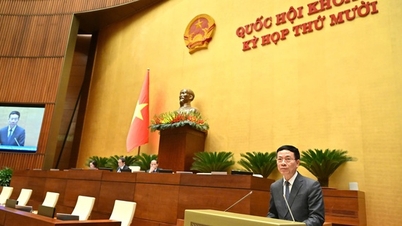



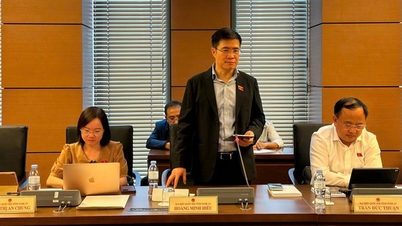
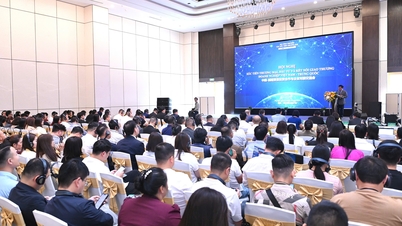

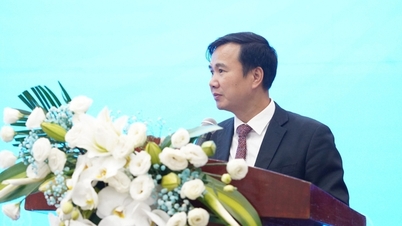
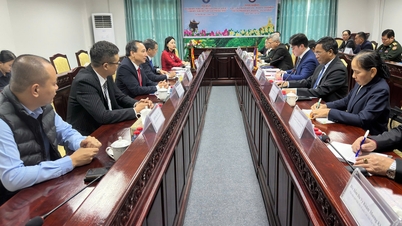

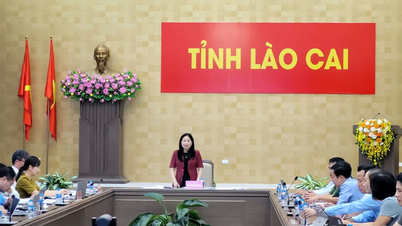





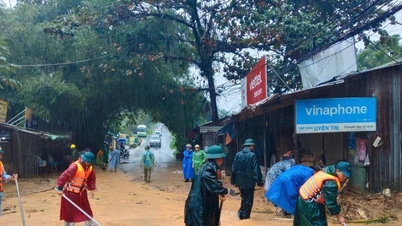

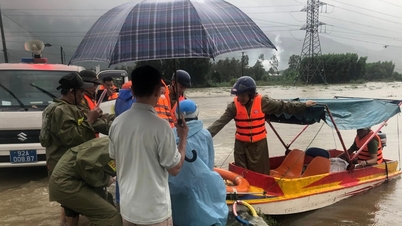















Comment (0)